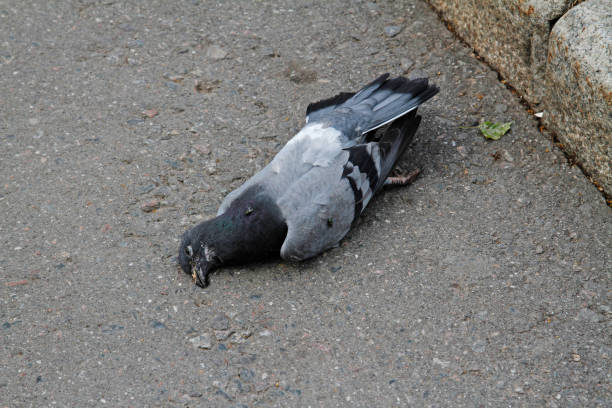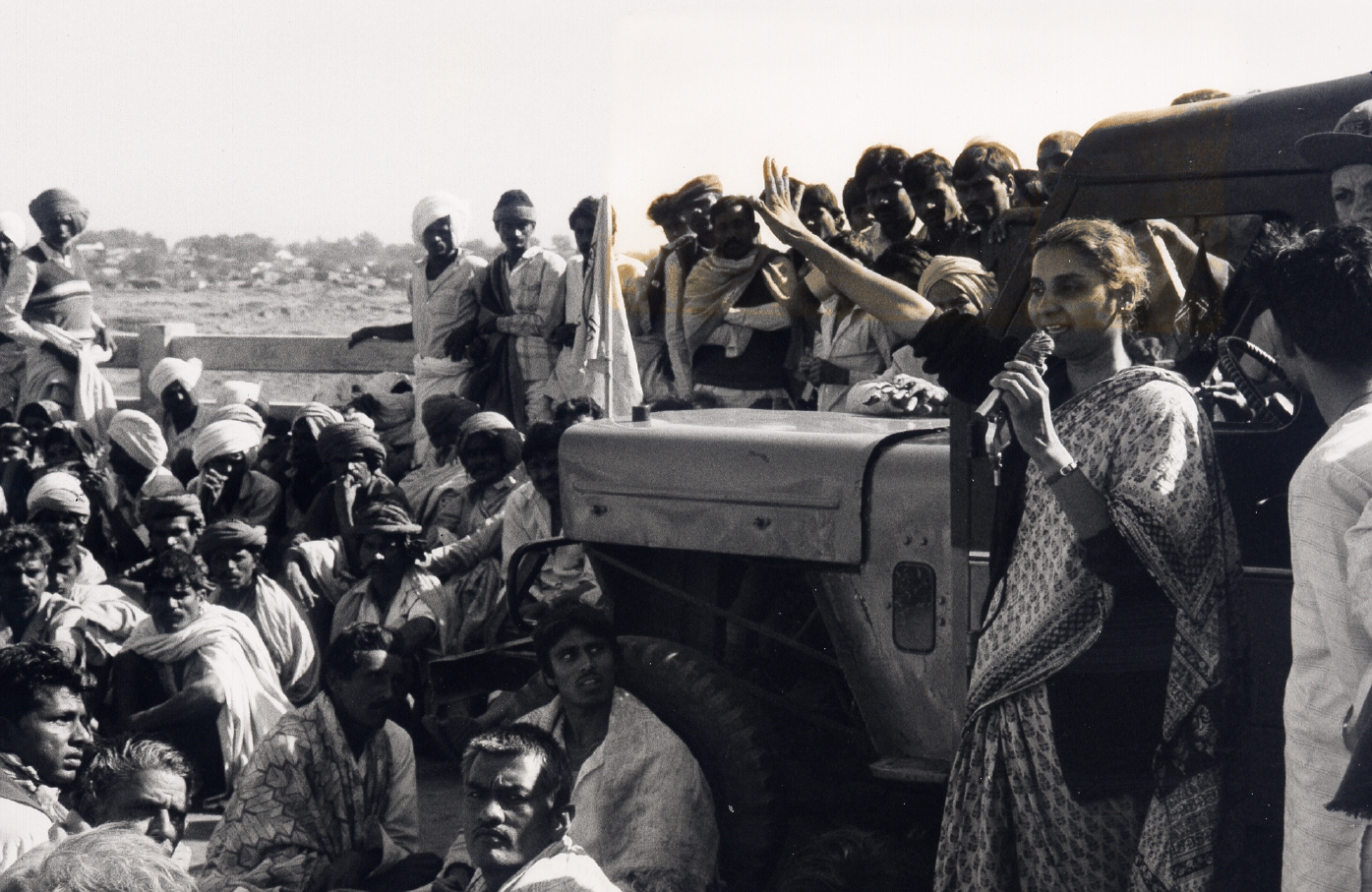SPECIAL ESSAY
Metropolitan living has often made us incapable of humanity and brought home the illusion that all beings are secondary to humans. A recent experience of pain and inner conflict as reflected on by the author enabled him to see the irony of this anthropocentric fallacy.
Aman Bhardwaj is a Wildlife Photographer based in Delhi.

[dropcap]I[/dropcap]n a city, we all practically reside in pigeon holes. Some pigeon holes are costlier, more lavishly decorated, in posh societies and some are in the outskirts and fringes of the metropolis. The paradox of the metropolitan existence is perhaps that while many of us idealise its apparent modernity, comforts and amenities when we are in our saner moments, we also complain about its lack of accommodation innocence and warmth.
We hardly know our neighbors, we have never cared to ask the domestic help from Jharkhand how her little child is catching up in her new school, seldom have we shown gratitude to the man who steps down into the toxic drain across the road to clean the filth that you and I collectively produce, we hardly know the pain and aspirations of those innumerable people who work with us, enable us to lead lives easily.
Our lives are centred on making money and our weekends are all about finding exorbitantly vulgar, indulgent way of spending the earning. Malls and market places flood with consumers with bags full of products ranging from clothes, gadgets to fast foods. We are perpetually intoxicated by the wine of a consumer-centric lifestyle that does not enable us to realise the hollowness of the entire affair.
In our prosperous cities, children have stopped playing in the open fields anymore and indulge in violent games on gadgets, they become obese and victims of cholesterol related ailments, old parents are reduced into free baby-sitters leading lonely lives in expensive urban homes, infants spend more time in child-care centres under CCTV surveillance than they do in the warmth of parental presence, maids or house helps are reduced into slaves whom we think we have purchased with our affluence, family dinners have turned into collective mobile gazing adventures where there is more interaction on social media than in person, our existence has indeed become a performance on the stage of affluence and style, societal and peer expectation and a reflection of our lack of creativity in agency.
These thoughts have come to me over and over again, as I live in a city and lead a life that many in rural India would dream about. I was recently at home over the weekend and walked towards my balcony to enjoy a freshly brewed cup of coffee when my eyes caught the pathological sight of a pigeon strangled with a kite-thread that had accidentally got woven into an electric wire that hung overhead. The pigeon was in immune pain trying to undo the thread off his neck but the more it tried, the more it seemed impossible. I had never encountered such helplessness and realised the urgency of helping this silent victim.

With the help of a stick I tried to reach out to it and undo the strangled thread but to my dismay, the bird had already succumbed to its injuries. A life had left the world in front of our eyes, the cars honked below; the vendors sold their wares to eager costumers, children played with each other on the streets, women fought over drying clothes that had flown over to a stranger’s balcony and so on. Nobody had noticed that amidst this hustle bustle, an innocent creation of God had died because no one of us had the time to listen to its silent suffering.
We watch films like Slum Dog Millionaire and pity the pathology of Indian poverty, we condemn child labour but never question the fact that the little girl who lifts our child’s heavy school bag while he stands waiting for his school bus can have dreams in her eyes too, we read and post poetry on social media.
With tears in my eyes and a pain that continues to jolt me, I buried the bird with the hope that it would forgive me. I have gone to office, eaten lovely food, watched loud television debates and got stuck in traffic jams many times since that day but the visuals of that bird struggling to breathe have not left me for a second. Many may say that I am being an emotional fool and that being disturbed by the death of an animal is Utopian.
But believe me the death of that pigeon was a reminder of the death of love, the ethic of care and the touch of humanity that we are increasingly giving away. We watch Discovery and become amused in our living room comfort, we watch films like Slum Dog Millionaire and pity the pathology of Indian poverty, we condemn child labour but never question the fact that the little girl who lifts our child’s heavy school bag while he stands waiting for his school bus can have dreams in her eyes too, we read and post poetry on social media, decorate artifacts in our living rooms but seldom feel worried about how non-poetic and non-artistic our living has become. I often return to the grave of the bird as the evening draws closer and the sun prepares to set, I pray to the almighty that as the sun rises tomorrow may we have a little more humanity and some more warmth in our hearts.
[irp]













